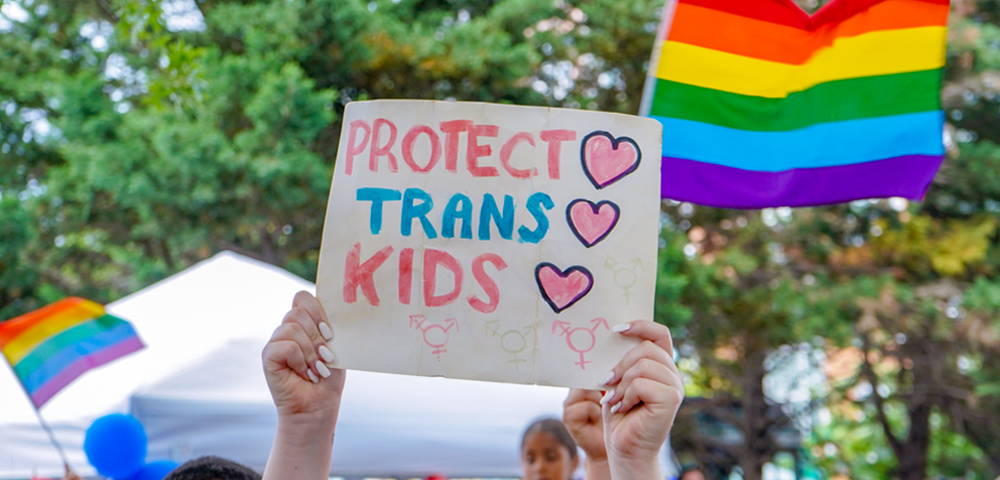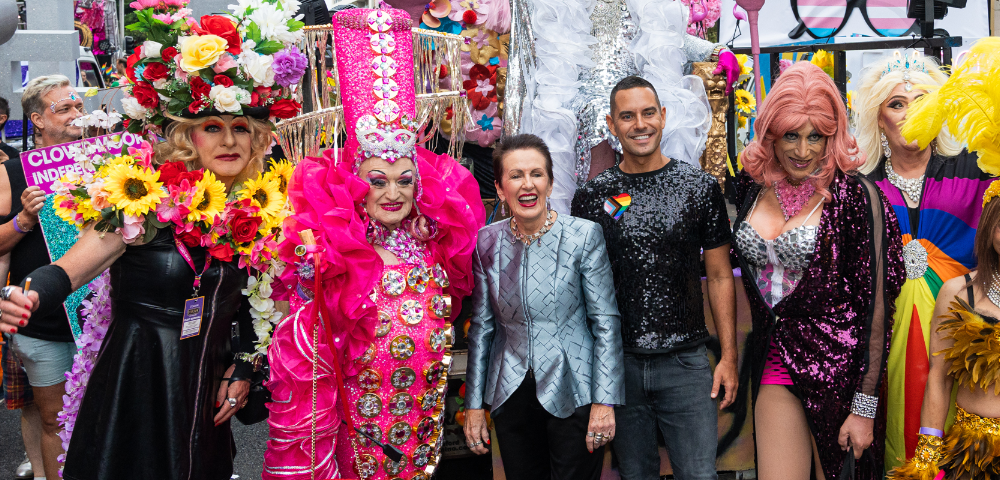
Malcolm and the case for marriage
Former Opposition Leader Malcolm Turnbull’s speech at Southern Cross University, delivered in honour of former High Court judge Michael Kirby last Friday, was bittersweet for marriage equality advocates.
On the positive side, the majority of the speech put forward a clear and compelling argument for changing marriage laws to include same-sex couples, and for the separation of the civil and religious institutions of marriage.
Much like British Prime Minister David Cameron, Turnbull sees marriage equality as an issue fundamentally connected with conservative values of family and community.
As the first senior member of the Liberal Party to make a public statement in support of the issue, we should not underestimate the significance of his position. While some have, I do not doubt his sincerity on these matters.
Less welcome, however, was Turnbull’s suggestion toward the end of his speech that, in the absence of sufficient support for marriage equality in the current parliament, legislating for civil unions would be an appropriate step in the right direction.
The argument that it is better to chip away at the issue and make small gains while you can has merit in many circumstances. In this case, there are two reasons why I do not think it will work.
The first is that civil unions offer very little more than what is currently available to same-sex couples. Unlike other countries such as the United States, federal reforms in 2008 grant de facto equality to same sex couples in areas such as taxation, superannuation, medical benefits, social security, immigration and more.
Moreover, relationship registries or civil partnership schemes are already available in most states in Australia.
The second reason is that the debate over marriage equality is creating a great deal of productive friction at the moment, in parliament and elsewhere. It is encouraging people to examine long-held views of the way things ought to be.
Disequilibrium can be a good thing, and tension can provide the momentum for change. By using civil unions as a “get out of jail free card”, the heat will be lost, and there is a danger that the debate could stagnate.
Denmark, for example, created the first registered partnership laws in the world in 1989. It took until 2012 for them to legislate for full marriage equality. Civil partnerships were granted in the UK in 2004, and marriage equality is still not law. We cannot wait that long for full equality.
It is easy to understand Turnbull’s position from a political perspective. At odds with his leader Tony Abbott, who is holding steady to his election commitment on maintaining the current definition of marriage, Turnbull is in a difficult position.
Rather than focusing on individual personalities – either Turnbull or Abbott – the more significant question is for the Coalition as a whole. If the issue is not resolved before the next election, will the Coalition follow longstanding tradition and allow a conscience vote following the election? Mr Turnbull, we trust you will put the case for this to your peers strongly.
In other news, the GLRL is advertising for a part time policy and project officer. For more details, click HERE
BY NSW Gay and Lesbian Rights Lobby co-convener Justin Koonin.










I dont know what all the hoo ha is about marriage. Many gays are lining up for something that is, down the track, going to become an expensive divorce.
Its a trend that is reflected right through society
Lets instead go straight for adoption….